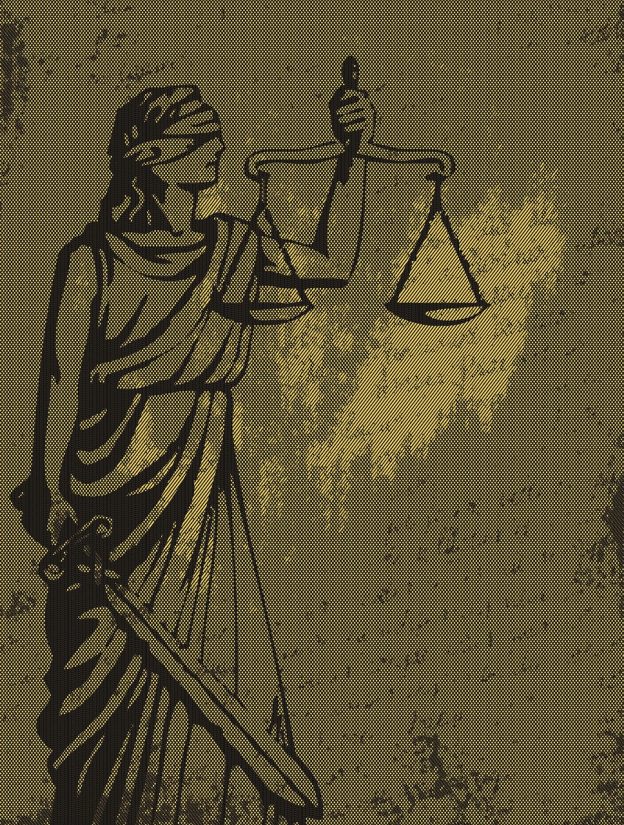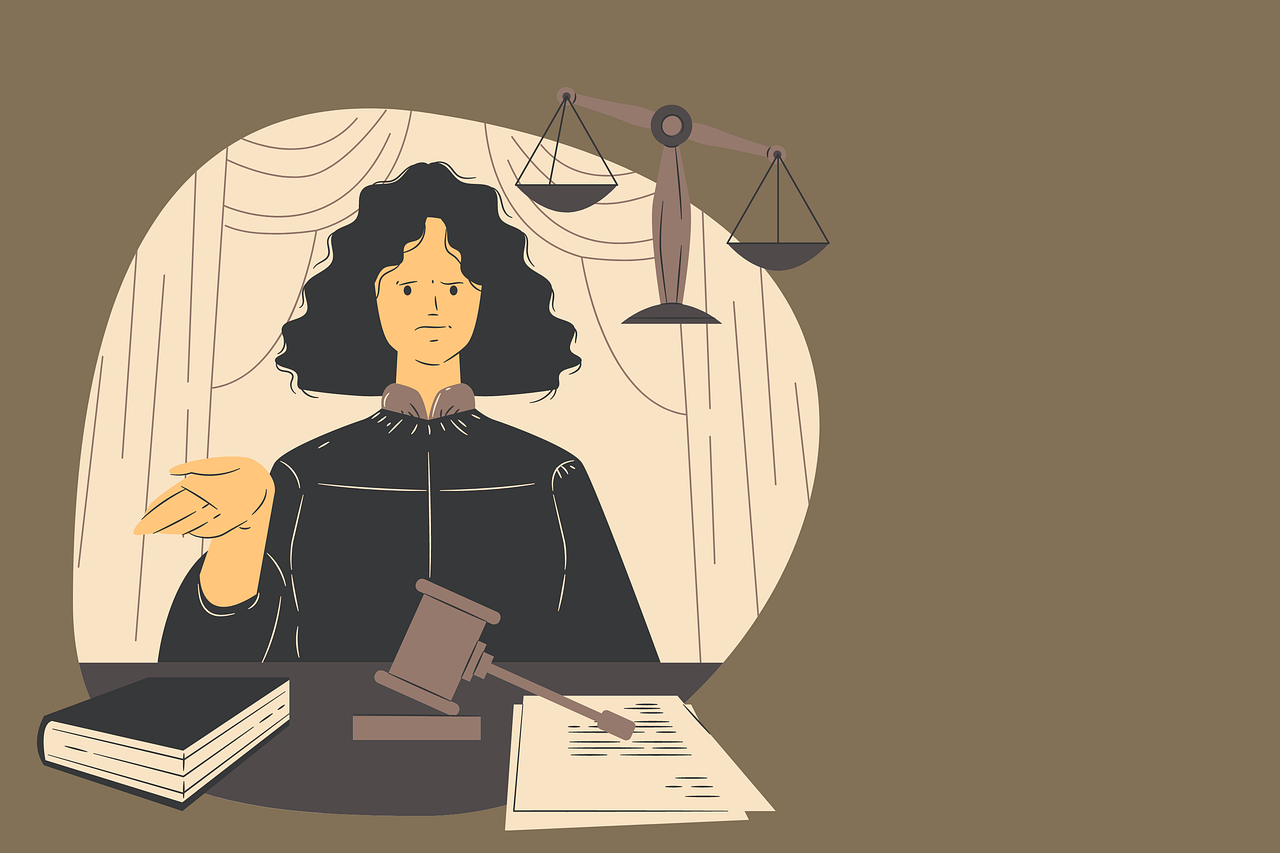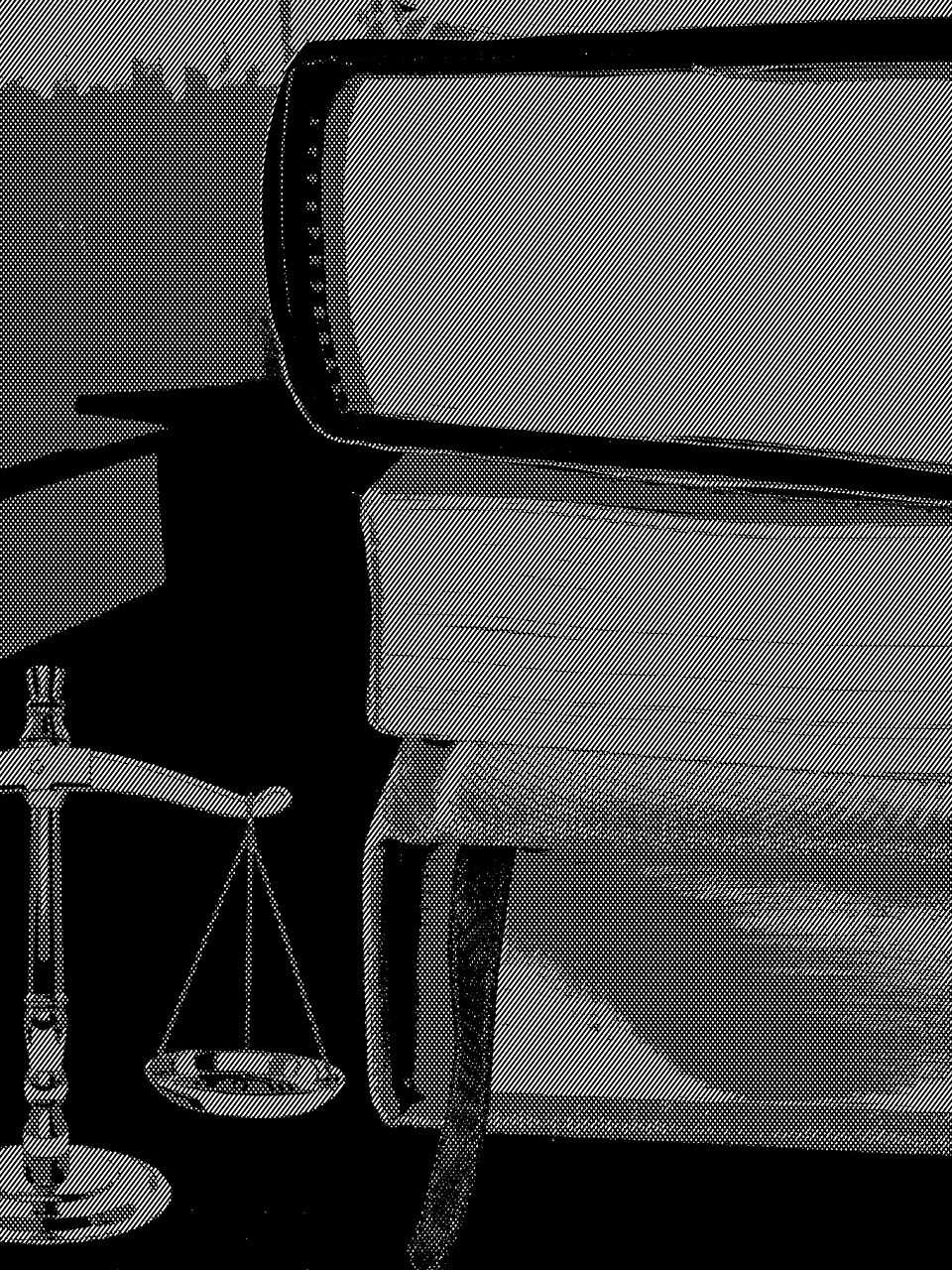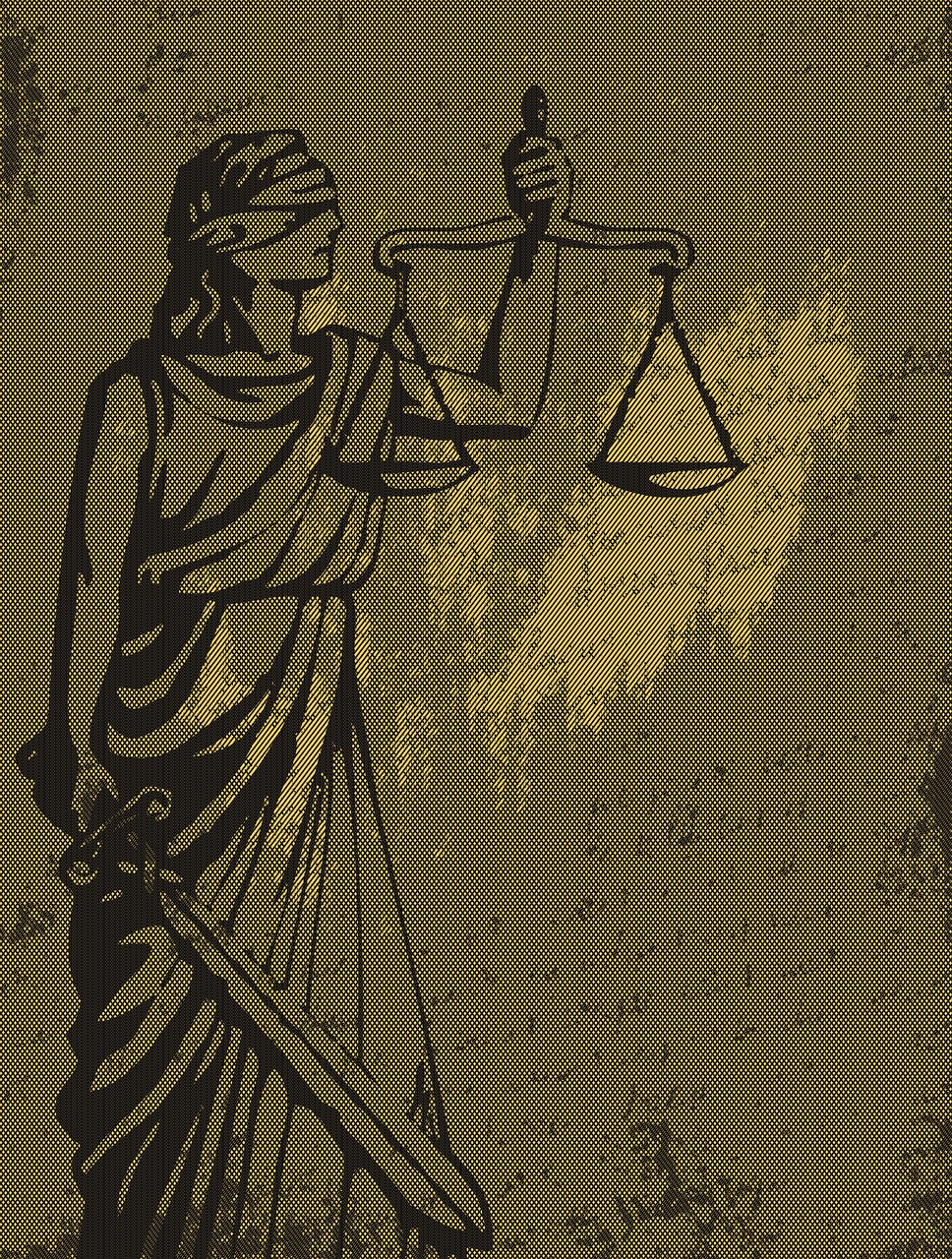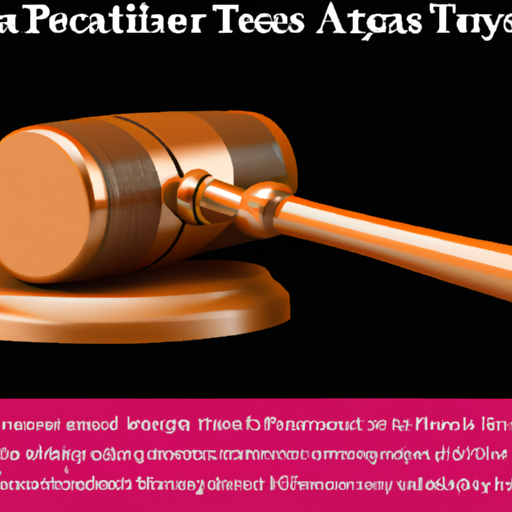When it comes to navigating the complex world of mergers and acquisitions, it’s crucial to know when to call an attorney. Whether you’re a business owner or a high net worth individual, understanding the legal implications and potential risks involved in these transactions is essential. From drafting and negotiating contracts to conducting due diligence, an experienced business attorney can provide invaluable guidance and expertise every step of the way. In this article, we’ll explore some common questions and concerns regarding mergers and acquisitions, shedding light on when it’s the right time to seek legal assistance. Don’t let the intricacies of these deals overwhelm you – reach out to a trusted attorney and ensure that your interests are protected.

Understanding Mergers and Acquisitions
When it comes to business growth and expansion, mergers and acquisitions are common strategies that companies employ. But what exactly are mergers and acquisitions?
What are mergers and acquisitions?
Mergers and acquisitions, commonly abbreviated as M&A, refer to the consolidation of two or more companies into a single entity. A merger occurs when two companies agree to combine their operations and assets to form a new company. On the other hand, an acquisition takes place when one company purchases another and becomes the new owner.
Types of mergers and acquisitions
There are various types of mergers and acquisitions, each with its own unique characteristics. Here are the most common types:
- Horizontal merger: Two companies operating in the same industry merge to increase their market share and reduce competition.
- Vertical merger: A company acquires another company in a different stage of the supply chain to gain control over the production process.
- Conglomerate merger: Companies from unrelated industries combine their operations, often to diversify their business portfolios.
- Friendly acquisition: The acquiring company and the target company enter into a mutually beneficial agreement.
- Hostile acquisition: The acquiring company takes over the target company against its wishes, often through a tender offer.
Importance of mergers and acquisitions
Mergers and acquisitions play a vital role in the business world, offering several key benefits:
- Business expansion: M&A allows companies to grow rapidly by increasing market share, entering new markets, or expanding product lines.
- Synergy: By merging with or acquiring another company, organizations can capitalize on complementary strengths and resources, leading to increased efficiency and profitability.
- Access to new technologies: Acquiring companies with advanced technologies can help businesses gain a competitive edge and enhance their innovation capabilities.
- Talent acquisition: M&A provides an opportunity for companies to attract and retain top talent from the acquired company, facilitating knowledge transfer and fostering growth.
- Financial advantages: Mergers and acquisitions can lead to cost savings, economies of scale, and enhanced financial performance, which are all attractive to investors.
Common challenges in mergers and acquisitions
While mergers and acquisitions can bring numerous benefits, they also present several challenges that need to be carefully navigated. Some of the common challenges include:
- Cultural integration: Merging two companies with different cultures can lead to clashes and disrupt operations.
- Legal and regulatory compliance: M&A transactions require compliance with various laws and regulations, both domestically and internationally.
- Financial risks: Merging with or acquiring another company can involve significant financial risks, especially if the due diligence process is not thorough.
- Employee resistance: Employees may feel uncertain or anxious about the changes brought about by a merger or acquisition, leading to resistance and decreased morale.
- Stakeholder management: Managing the expectations of various stakeholders, such as employees, shareholders, and customers, is crucial for a successful merger or acquisition.
The Role of an Attorney in Mergers and Acquisitions
Navigating the complex landscape of mergers and acquisitions requires expertise and knowledge in business law. That’s where an attorney specializing in mergers and acquisitions comes in.
When should you involve an attorney?
It is highly recommended to involve an attorney from the early stages of a merger or acquisition process. Having legal counsel during the planning and negotiation phase can help you navigate legal complexities, mitigate risks, and ensure compliance with applicable laws and regulations. Engaging an attorney early on can also help identify potential legal issues and provide strategic advice.
Benefits of hiring an attorney
Hiring an attorney experienced in mergers and acquisitions offers several benefits:
- Legal expertise: Attorneys specializing in mergers and acquisitions possess in-depth knowledge of relevant laws, regulations, and industry practices. They can guide you through complex legal processes, ensuring compliance and protecting your interests.
- Risk assessment and due diligence: Attorneys can conduct thorough due diligence to identify potential legal risks associated with a merger or acquisition. They can review contracts, agreements, financial statements, and other documents to ensure accuracy and protect your investment.
- Negotiation and documentation: An attorney can assist in drafting and negotiating key terms and conditions of the deal, protecting your rights and interests while ensuring clarity and minimizing disputes.
- Transaction structuring: Attorneys can provide guidance on choosing the appropriate legal structure for the transaction, taking into consideration tax implications and other legal considerations.
- Post-merger integration: Attorneys can assist in managing the legal aspects of the post-merger integration process, including resolving disputes, addressing employee-related issues, and ensuring compliance with legal obligations.
Skills and expertise required
Attorneys specializing in mergers and acquisitions need a diverse set of skills and expertise to effectively navigate the complexities of these transactions. Some essential skills include:
- Business acumen: Understanding business operations, financial statements, and industry dynamics is crucial for providing strategic advice in mergers and acquisitions.
- Legal knowledge: M&A attorneys must have a deep understanding of corporate law, securities law, tax law, and other relevant areas of law to protect their clients’ interests.
- Analytical skills: Assessing risks, conducting due diligence, and negotiating terms require strong analytical skills to ensure a successful transaction.
- Communication and negotiation skills: Effective communication and negotiation skills are vital for drafting agreements, resolving disputes, and representing clients’ interests in negotiations.
- Attention to detail: Mergers and acquisitions involve reviewing numerous documents and contracts, requiring a keen eye for detail to identify potential legal issues.
In summary, involving an attorney experienced in mergers and acquisitions can greatly benefit your business during the transaction process. They can provide valuable guidance, protect your legal interests, and help you navigate complex legal requirements.
Preparing for the Merger or Acquisition
Before embarking on a merger or acquisition, thorough preparation is essential to ensure a smooth and successful transaction. This preparation involves conducting due diligence, identifying potential legal issues, and reviewing contracts and agreements.
Conducting due diligence
Due diligence is a critical step in the merger or acquisition process. It involves a comprehensive review and analysis of the target company’s financial, legal, operational, and regulatory information. Conducting due diligence helps uncover any hidden liabilities, potential risks, and other crucial information that may impact the transaction.
During the due diligence process, an attorney can assist by:
- Examining financial statements, tax records, and other financial documents to identify any discrepancies or potential liabilities.
- Reviewing contracts, agreements, and legal documents to assess their validity, enforceability, and potential risks.
- Assessing the target company’s compliance with applicable laws and regulations, including environmental, employment, and intellectual property laws.
- Conducting interviews and discussions with key personnel to gather additional information and address any concerns or red flags.
By conducting thorough due diligence, you can make informed decisions and negotiate deal terms that reflect the true value and risks associated with the transaction.
Identifying potential legal issues
During the due diligence process, it is crucial to identify and assess any potential legal issues that may arise during the merger or acquisition. Working with an attorney can help you identify and address these issues proactively, minimizing the risk of legal disputes and liabilities.
Some common legal issues that may arise include:
- Breach of contract: Reviewing contracts and agreements can help identify any breach of contract issues or potential disputes related to existing contractual obligations.
- Misrepresentation or fraud: Assessing the accuracy and completeness of the target company’s financial statements and representations can help identify any potential misrepresentation or fraud.
- Employee-related issues: Analyzing employment contracts, benefit plans, and labor agreements can help identify potential employee-related issues, such as non-compliance with labor laws or pending legal actions.
By addressing these potential legal issues early on, you can take appropriate steps to mitigate risks and ensure a smooth transaction process.
Reviewing contracts and agreements
As part of the preparation for a merger or acquisition, reviewing contracts and agreements is crucial to ensure that all legal obligations and rights are adequately protected. An attorney can assist you in reviewing and analyzing the various contracts and agreements involved in the transaction, including:
- Mergers and acquisition agreements: These agreements outline the terms and conditions of the transaction, including the purchase price, payment terms, and representations and warranties.
- Employment contracts: Reviewing employment contracts can help ensure compliance with labor laws and identify any potential issues related to employee benefits, non-compete agreements, or intellectual property rights.
- Commercial contracts: Analyzing commercial contracts, such as supply agreements, distribution agreements, and customer contracts, can help identify any potential risks or obligations that may impact the transaction.
By reviewing contracts and agreements with the guidance of an attorney, you can ensure that your legal rights and obligations are properly addressed in the transaction and minimize the risk of any unexpected legal issues.
Negotiating the Deal
Negotiating the terms of a merger or acquisition is a critical phase of the transaction. The negotiation process involves drafting and negotiating key terms, navigating antitrust and regulatory concerns, and addressing intellectual property rights.
Drafting and negotiating key terms
During the negotiation phase, an attorney can provide valuable guidance in drafting and negotiating key terms and conditions of the deal. This includes:
- Purchase price and payment terms: Determining the fair value of the target company and negotiating the purchase price and payment structure.
- Representations and warranties: Negotiating the representations and warranties made by the target company and addressing any concerns or potential risks.
- Conditions precedent: Defining the conditions that must be satisfied before the transaction can be completed, such as regulatory approvals or third-party consents.
- Indemnification and liability: Allocating risks and liabilities between the parties involved in the transaction and negotiating indemnification provisions.
An attorney experienced in mergers and acquisitions can help protect your legal interests during the negotiation process, ensuring that the final terms of the deal are favorable and comprehensive.
Navigating antitrust and regulatory concerns
Mergers and acquisitions often involve complex antitrust and regulatory considerations, especially when the transaction impacts competition in the marketplace. Antitrust laws aim to prevent anti-competitive behavior and protect consumer welfare.
An attorney specializing in mergers and acquisitions can assist in navigating antitrust and regulatory concerns by:
- Assessing the potential impact of the transaction on market competition and identifying any potential antitrust issues.
- Preparing and submitting required filings to regulatory authorities, such as the Federal Trade Commission (FTC) or the Department of Justice (DOJ), to obtain necessary approvals.
- Addressing any concerns raised by regulatory authorities and coordinating communication and negotiations with relevant agencies.
- Ensuring compliance with applicable laws, regulations, and reporting requirements in different jurisdictions, if the transaction involves cross-border operations.
By working with an attorney well-versed in antitrust and regulatory matters, you can navigate these complex legal requirements and minimize the risk of regulatory scrutiny or challenges to the transaction.
Addressing intellectual property rights
Intellectual property (IP) rights, such as patents, trademarks, copyrights, and trade secrets, play a crucial role in many mergers and acquisitions. Addressing intellectual property rights during the negotiation phase is essential to protect the value and integrity of these assets.
An attorney can assist by:
- Conducting thorough due diligence to identify and assess the target company’s intellectual property assets, ensuring their validity and ownership.
- Negotiating the transfer or licensing of intellectual property rights as part of the transaction.
- Addressing any potential intellectual property disputes or infringement issues that may arise during the merger or acquisition.
By addressing intellectual property rights and ensuring their proper transfer or protection, you can avoid legal disputes and protect the value of your investment.
Structuring the Transaction
The structure of a merger or acquisition is a crucial consideration that impacts legal, financial, and tax implications. Choosing the appropriate legal structure, understanding tax implications, and creating a detailed merger or acquisition agreement are essential components of structuring the transaction.
Choosing the appropriate legal structure
The legal structure of a merger or acquisition can vary depending on the specific circumstances and objectives of the parties involved. Common legal structures include:
- Stock purchase: The acquiring company purchases the target company’s shares, becoming the majority or sole owner.
- Asset purchase: The acquiring company purchases specific assets or business divisions of the target company, rather than acquiring the entire entity.
- Merger: The combining of two or more companies into a single entity, with both companies ceasing to exist as separate entities.
- Joint venture or strategic alliance: Companies collaborate to achieve a specific objective or project, sharing resources and risks.
Choosing the appropriate legal structure requires careful consideration of factors such as liability, tax implications, shareholder approval, and business objectives. An attorney experienced in mergers and acquisitions can provide guidance in selecting the most suitable structure for your transaction.
Tax implications and considerations
Mergers and acquisitions can have significant tax implications for the parties involved. It is essential to consider these implications and structure the transaction in a way that maximizes tax benefits and minimizes tax liabilities.
An attorney, often in collaboration with tax specialists, can help navigate tax considerations, including:
- Tax implications of different legal structures, such as stock purchase, asset purchase, or merger.
- Tax implications of acquiring or transferring intellectual property assets.
- Efficient tax planning strategies to minimize overall tax liabilities and take advantage of available tax incentives or exemptions.
- Compliance with tax laws and reporting requirements in different jurisdictions, particularly in cross-border transactions.
By carefully considering and addressing tax implications, you can optimize the financial outcomes of the merger or acquisition.
Creating a detailed merger or acquisition agreement
A well-crafted merger or acquisition agreement is essential to define the rights, obligations, and responsibilities of the parties involved. An attorney can assist in creating a detailed agreement that accurately reflects the transaction terms and protects the interests of all parties.
The merger or acquisition agreement should typically include provisions on:
- Purchase price, payment terms, and other financial considerations.
- Representations and warranties made by the parties.
- Conditions precedent to the transaction.
- Indemnification and liability provisions.
- Intellectual property rights and licenses.
- Confidentiality and non-disclosure obligations.
- Dispute resolution mechanisms.
Creating a comprehensive merger or acquisition agreement helps ensure clarity, minimize disputes, and protect the legal rights and obligations of all parties involved.
Completing the Merger or Acquisition
Once the negotiation and structuring phases are complete, the merger or acquisition process moves towards completion. This phase involves securing necessary approvals and clearances, closing the deal, and transferring ownership.
Securing necessary approvals and clearances
Before finalizing the merger or acquisition, it is essential to obtain any necessary approvals and clearances from regulatory authorities, shareholders, or other relevant parties.
An attorney can assist by:
- Preparing and submitting required filings to regulatory authorities, ensuring compliance with applicable laws and regulations.
- Coordinating communication and negotiations with regulatory authorities or other external parties involved in the approval process.
- Assisting in obtaining shareholder approval, if required by corporate bylaws or applicable laws.
- Addressing any concerns or conditions imposed by the regulatory authorities or shareholders, ensuring the transaction can proceed smoothly.
Securing necessary approvals and clearances is crucial to ensure the legality and enforceability of the merger or acquisition.
Closing the deal and transferring ownership
The closing of a merger or acquisition is the final step in the transaction process, where the legal transfer of ownership takes place. Closing the deal involves executing the merger or acquisition agreement, completing financial transactions, and transferring assets.
An attorney can facilitate the closing process by:
- Ensuring compliance with closing conditions and documentation requirements as outlined in the agreement.
- Overseeing the execution and exchange of necessary legal documents, including share purchase agreements, promissory notes, and transfer deeds.
- Coordinating the payment of the purchase price or consideration according to the agreed terms and conditions.
- Facilitating the transfer of assets, such as intellectual property rights, contracts, and physical properties, from the target company to the acquiring company.
The completion of the merger or acquisition is a critical milestone, and having an attorney guide you through this process helps ensure a smooth transition and legal transfer of ownership.
Handling employee-related issues
Managing employee-related issues is an important aspect of completing a merger or acquisition. Changes in ownership and organizational structure can impact employees, leading to uncertainty, morale issues, or legal obligations.
An attorney can assist by:
- Advising on labor laws, employment contracts, and benefits plans to ensure compliance and address any potential issues.
- Assisting in developing a communication strategy to inform employees about the merger or acquisition and manage their concerns.
- Reviewing and restructuring employee contracts or benefits plans, if necessary, to align with the new organizational structure.
- Addressing potential legal issues related to employee layoffs, severance packages, or transfer of employment agreements.
Effectively managing employee-related issues helps maintain productivity and morale during the transition and minimizes the risk of legal disputes.

Post-Merger or Acquisition Integration
After the completion of a merger or acquisition, the focus shifts to ensuring a smooth transition and integration of the acquired company into the new organizational structure.
Ensuring a smooth transition
A smooth transition is crucial to minimize disruption, maximize operational efficiency, and capitalize on the synergies of the merger or acquisition. An attorney can provide guidance on various aspects of post-merger integration, including:
- Developing an integration plan that outlines key steps, timelines, and responsible parties.
- Identifying and addressing any legal or regulatory requirements that may arise during the integration process.
- Addressing potential cultural differences and managing change to foster effective collaboration and communication.
- Developing strategies to retain key personnel and ensure a smooth transfer of knowledge and expertise.
- Reviewing existing contracts, agreements, and policies to align with the new organizational structure and legal obligations.
By proactively managing the post-merger integration process, companies can achieve the desired synergies and operational efficiencies.
Managing cultural and operational changes
Mergers and acquisitions often result in cultural and operational changes within the new organization. Harmonizing different corporate cultures, work processes, and systems is essential for successful integration.
An attorney can provide guidance on managing cultural and operational changes by:
- Conducting cultural assessments to identify potential clashes or areas requiring attention.
- Assisting in developing cultural integration strategies, such as team-building exercises or leadership development programs.
- Addressing any HR or employment law issues related to changes in work processes, employee roles, or compensation structures.
- Implementing operational changes and aligning policies and procedures to ensure compliance and streamline operations.
By addressing cultural and operational challenges proactively, companies can enhance collaboration, productivity, and employee satisfaction.
Resolving disputes and conflicts
During the post-merger integration phase, disputes or conflicts may arise due to differing interests, expectations, or cultural clashes. Resolving these disputes promptly and effectively is crucial to maintain a harmonious working environment and prevent legal complications.
An attorney experienced in dispute resolution can assist by:
- Facilitating negotiation and mediation processes to resolve conflicts amicably.
- Representing the interests of the company in formal dispute resolution procedures, such as arbitration or litigation, if necessary.
- Providing guidance on legal rights and obligations to help resolve disputes in accordance with relevant laws and contracts.
By addressing disputes and conflicts efficiently, companies can maintain positive relationships and focus on achieving the strategic objectives of the merger or acquisition.
Common Legal Issues in Mergers and Acquisitions
Mergers and acquisitions involve various legal complexities and risks. Understanding the common legal issues that may arise during the transaction process is crucial to ensure a successful outcome.
Breach of contract
Breach of contract is a common legal issue that may arise in mergers and acquisitions. Reviewing contracts and agreements is essential to identify any potential breaches, disputes, or non-compliance with contractual obligations. An attorney can help navigate breach of contract issues and represent the interests of the party affected.
Misrepresentation or fraud
Misrepresentation or fraud can have severe consequences in mergers and acquisitions. By reviewing the target company’s financial statements, representations, and warranties, an attorney can identify any potential misrepresentations or fraudulent activities. Addressing these issues during the negotiation or due diligence process is essential to protect the interests of the acquiring party.
Competitive practices and antitrust concerns
Mergers and acquisitions can raise concerns related to competitive practices and antitrust laws. Antitrust regulations aim to prevent anti-competitive behavior and protect market competition. An attorney experienced in antitrust matters can assist in navigating these concerns, ensuring compliance, and addressing any issues raised by regulatory authorities.

FAQs about Navigating Mergers and Acquisitions
Do I need an attorney for a small-scale merger or acquisition?
While the need for an attorney may vary depending on the complexity and value of the transaction, involving an attorney, even for small-scale mergers and acquisitions, is highly recommended. An attorney can assist in identifying potential legal issues, conducting due diligence, and ensuring compliance with applicable laws and regulations.
How long does the merger or acquisition process usually take?
The duration of the merger or acquisition process can vary significantly depending on various factors, such as the complexity of the transaction, regulatory requirements, and the parties involved. While some transactions may be completed within a few months, others may take several months or even years to finalize.
What are the typical attorney fees for mergers and acquisitions?
Attorney fees for mergers and acquisitions can vary based on factors such as the complexity of the transaction, the volume of legal work involved, and the experience and reputation of the attorney. It is advisable to discuss fee structures and expectations with the attorney during the initial consultation to ensure transparency and avoid any misunderstandings.
In conclusion, mergers and acquisitions can offer significant growth opportunities but also come with complex legal considerations. Engaging an attorney experienced in mergers and acquisitions can help navigate these complexities, protect your legal interests, and ensure a successful transaction. From conducting due diligence and negotiating key terms to structuring the transaction and managing post-merger integration, an attorney plays a crucial role in ensuring a smooth and legally compliant process. If you’re considering a merger or acquisition, don’t hesitate to reach out to an experienced attorney to guide you through every stage of the process.




